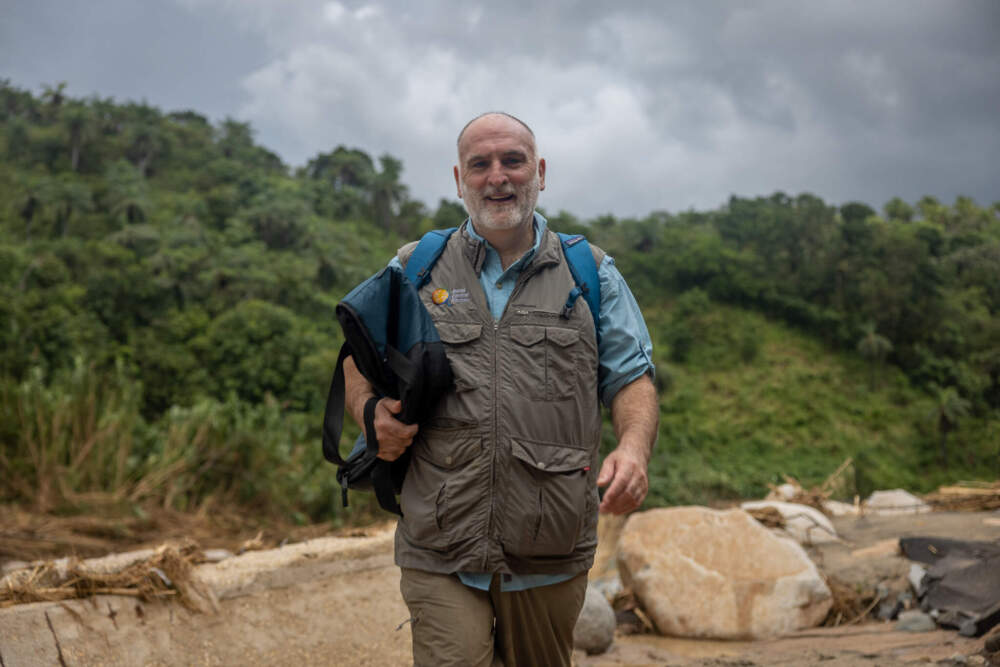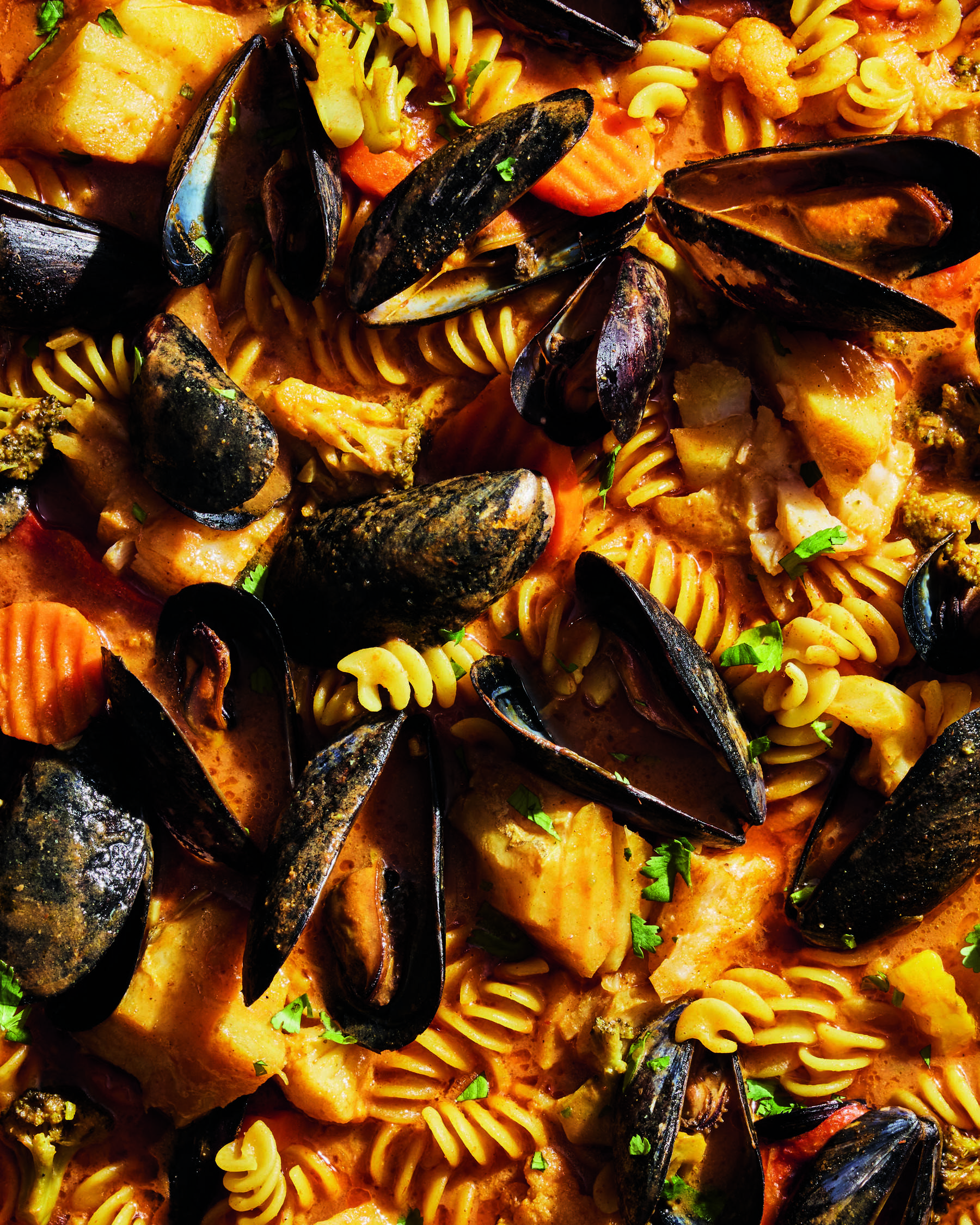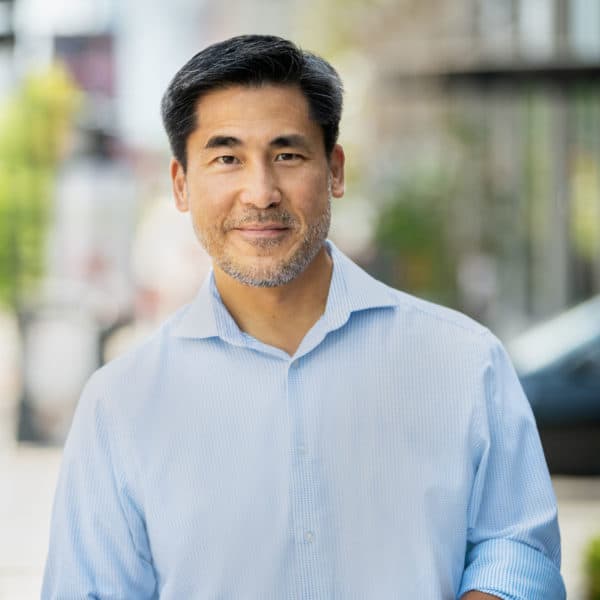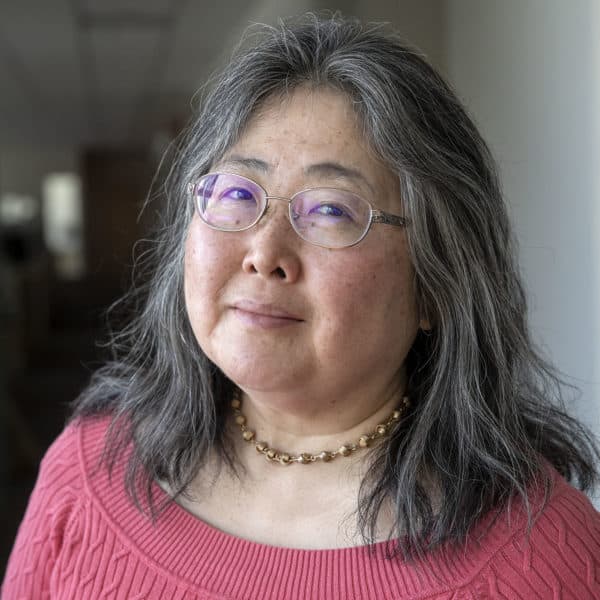Advertisement
'World Central Kitchen Cookbook' details recipes chef Jose Andres makes to feed people in crisis
Resume
When disaster strikes around the world, World Central Kitchen steps in again and again. For more than a decade, the organization has flown in teams to cook fresh meals in emergencies.
And you know what sometimes happens when food aid comes? People ask for the recipes. Really. And those questions have been answered. You can find recipes like Karla's creamy curry pasta and Ukrainian Borsch in the new “World Central Kitchen Cookbook.”
All sale proceeds go to the organization's work. Right now, it's prepping to help in the Middle East in addition to its current work feeding earthquake survivors in Morocco and in Afghanistan.
4 questions with Chef Jose Andres, who runs World Central Kitchen
At what point in a catastrophe do people actually request your recipes?
“I think World Central Kitchen, in more ways than once, has written what emergency humanitarian aid should be when we are feeding [people] after earthquakes, volcanoes, wars. Why [does] our food always seem to look so great?
“Because we partner with the people that are amazing cooks and restaurant owners in the areas we go. And because we always try to cook with local vegetables and fruits and meats and doing local recipes.”
What’s your favorite dish from the “Empathy” section of the book?
“I would say that in a cookbook, I'm a father with three daughters. I have no favorites. They are all my favorites. But on empathy, my friend, let me tell you, providing relief to others cannot just be like a job, a business that is 9 to 5, Monday through Friday. I've seen that in the worst moments of humanity, the best of humanity always shows up. And it's plenty of empathy in every one of the people I've seen through my life when you go to those emergencies, when they go to a community that has lost everything, when there is no water, no electricity, no cell signal, where people has lost loved ones and you're right there, use with what you have, which is a message through food, through water, that they are not going to walk alone, that we're not showing up today and forget them tomorrow. No, we are going to show up today and tomorrow and the day after.
“You mentioned Morocco. We were not only doing in high mountain forgotten villages with no access by road, delivering food through helicopter. But in the process, the men and women of World Central Kitchen were doing medical evacuations and sometimes saving the lives or even bringing pregnant women that were about to go into labor to hospitals that without the helicopter of World Central Kitchen, this wouldn't happen. You see, big problems sometimes, they have very simple solutions. In our case, I would say, empathy is the secret ingredient.”
The chicken chili verde recipe requires two hours of summering. Is it the long cook time that makes the recipe so smooth?
“Obviously, in the early hours and days of an emergency, probably, I guarantee you we don't have the time to do two hours of simmering. Things, while they are far away from being normal, they are already better than right after the emergency happened.
“And then is when dishes like these, which are local, can be in Oaxaca, can be in the heart of Mexico, can be in Guatemala. Obviously, stews for us are very important because they are easy to eat, but also because they come in the form of a stew. You can go sometimes one or two hours away, and the heat keeps all the time the food super hot. And these allow us to deliver hot food sometimes in far away remote areas. It's like a tamale.
“A tamale is not only a great traditional Mexican dish that now you can find in other parts of the Caribbean and Latin America. But also when we don't have plates and forks and knives and napkins. Yeah. A tamale that comes in the husk of the corn or banana leaf allow us to deliver food where people can eat it with their hands. Which is not perfect, but in an emergency is ideal.”
As you write in the book, the work that your group does should morph someday into not Doctors Without Borders, but Cooks Without Borders. What do you mean by that?
“More than 10% of the world population are in the food business. If you add the farmers, probably we are a family that is around 15% of the world population. That means we have an army of people. Imagine that if in any emergency we are able just to activate these people.
“Imagine that we become an army of good. It is my dream that in the next 5, 10, 20 years, through the work that World Central Kitchen has done, we can say one day that we have such a strong network in America and around the world, that with the right investment, with the right financing, support by every single government, UN, and big foundations, and individuals, and private sector, one day, using that network, we can claim that hunger is over and poverty is over and all through the power of food. This is what I mean.”
Emiko Tamagawa produced and edited this interview for broadcast with Julia Corcoran. Allison Hagan adapted it for the web.
Book excerpt: 'The World Central Kitchen Cookbook'
By Chef Jose Andres


Excerpted from "The World Central Kitchen Cookbook" by Jose Andres. Copyright © 2023 by Jose Andres. All rights reserved. No part of this excerpt may be reproduced or reprinted without permission in writing from the publisher.
This article was originally published on October 13, 2023.
This segment aired on October 13, 2023.

